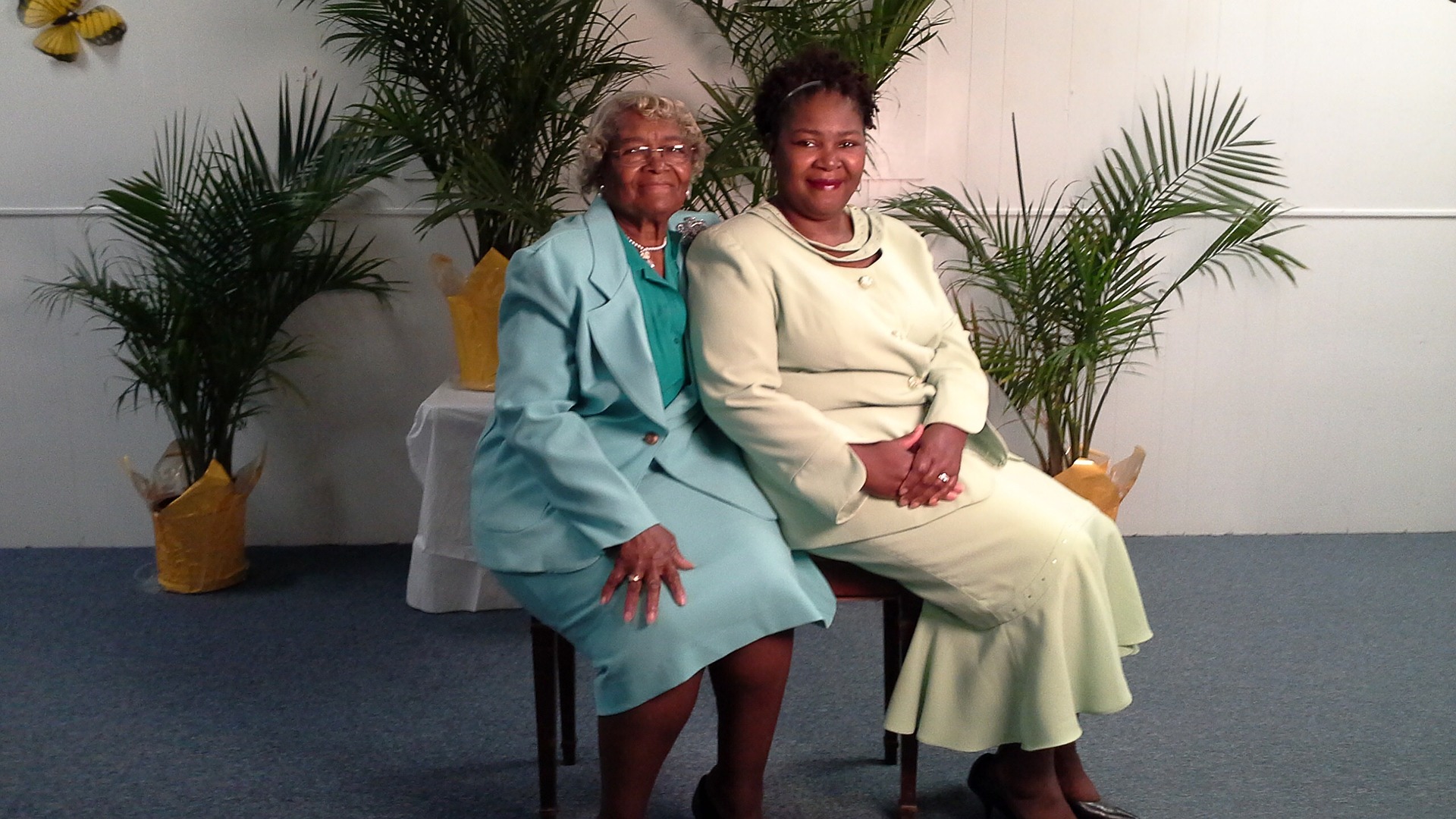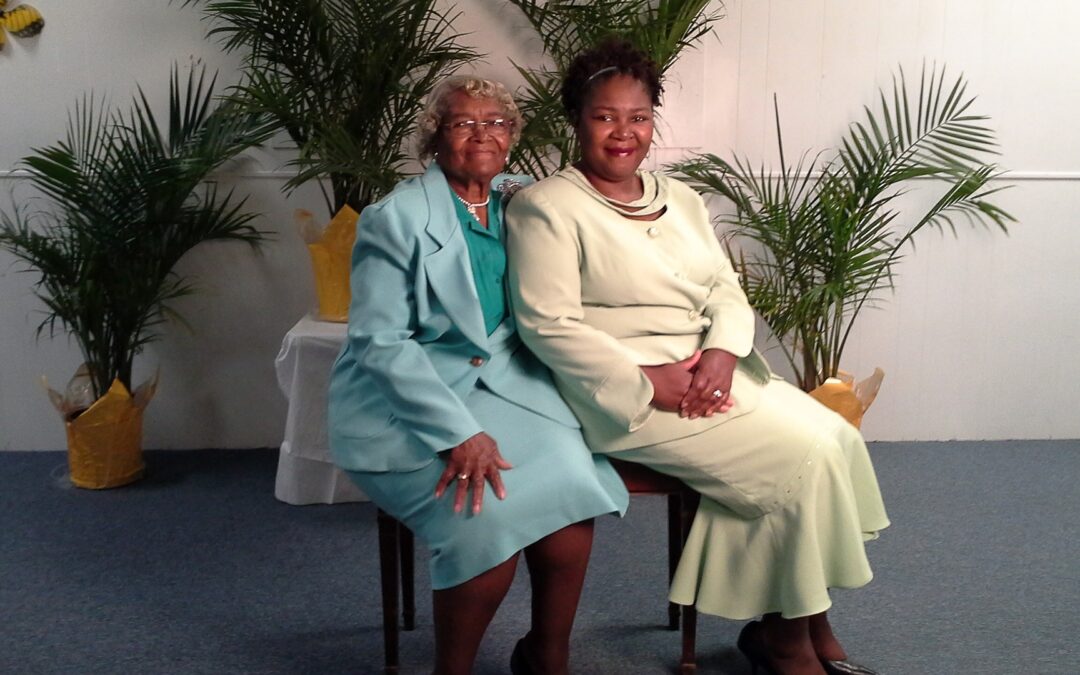
As our population ages, the importance of caring for the elderly becomes increasingly evident. Seniors often face unique challenges related to physical health, mental well-being, and social isolation. In response, many churches are stepping up to create supportive environments where seniors can thrive. In this blog post, we’ll explore the significance of caring for the elderly within church communities and discuss practical ways churches can foster a supportive environment for seniors.
Understanding the Importance of Senior Care in Churches: Caring for the elderly is deeply rooted in the values of compassion, love, and community that are central to many religious traditions. In churches, seniors play a vital role as pillars of wisdom, experience, and faith. However, they also have specific needs that must be addressed to ensure their well-being and inclusion within the church family.
Seniors often face challenges such as declining physical health, mobility issues, loneliness, and loss of independence. By creating a supportive environment within the church, communities can help seniors maintain their dignity, sense of belonging, and spiritual connection.
Practical Strategies for Supporting Seniors in Churches:
- Establishing Senior Ministries: Many churches are establishing dedicated senior ministries aimed at meeting the unique needs of older adults. These ministries may include regular social gatherings, educational seminars, support groups, and volunteer opportunities tailored to seniors’ interests and abilities.
- Providing Transportation Services: Lack of transportation can be a significant barrier for seniors to attend church services and events. Churches can organize transportation services to ensure that seniors have access to the church community, whether through volunteer drivers, shuttle buses, or rideshare programs.
- Offering Home Visitation Programs: Regular home visits from church volunteers or clergy can provide much-needed companionship and support for homebound seniors. These visits offer an opportunity for fellowship, prayer, and pastoral care, helping seniors feel connected to their church family even when they are unable to attend in person.
- Creating Intergenerational Programs: Intergenerational programs that bring together seniors and younger members of the congregation can foster mutual understanding, respect, and support. Activities such as mentorship programs, intergenerational Bible studies, and service projects provide opportunities for meaningful interaction and relationship-building across age groups.
- Providing Caregiver Support: Many seniors are caregivers themselves, either for spouses, children, or other family members. Churches can offer support groups, respite care services, and educational resources to help caregivers navigate the challenges of caregiving while also taking care of their own well-being.
Caring for the elderly is a fundamental expression of love and compassion within church communities. By creating a supportive environment that addresses the unique needs of seniors, churches can ensure that older adults continue to feel valued, respected, and included in the life of the church. Whether through dedicated senior ministries, transportation services, home visitation programs, intergenerational activities, or caregiver support, churches have the opportunity to make a meaningful difference in the lives of seniors and their families. As we embrace the call to care for the elderly, we strengthen the bonds of community and live out the teachings of love and service exemplified by our faith traditions.

